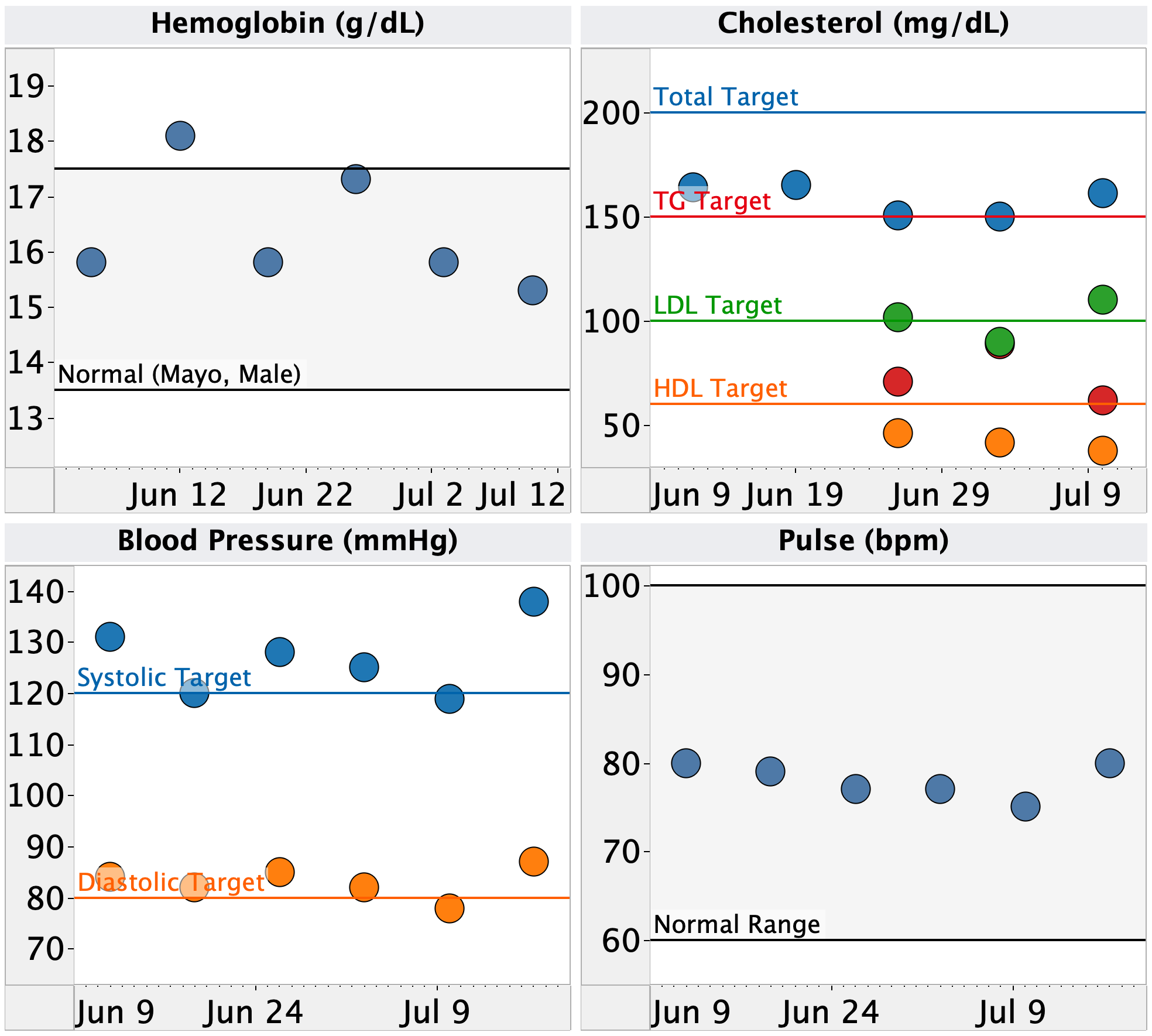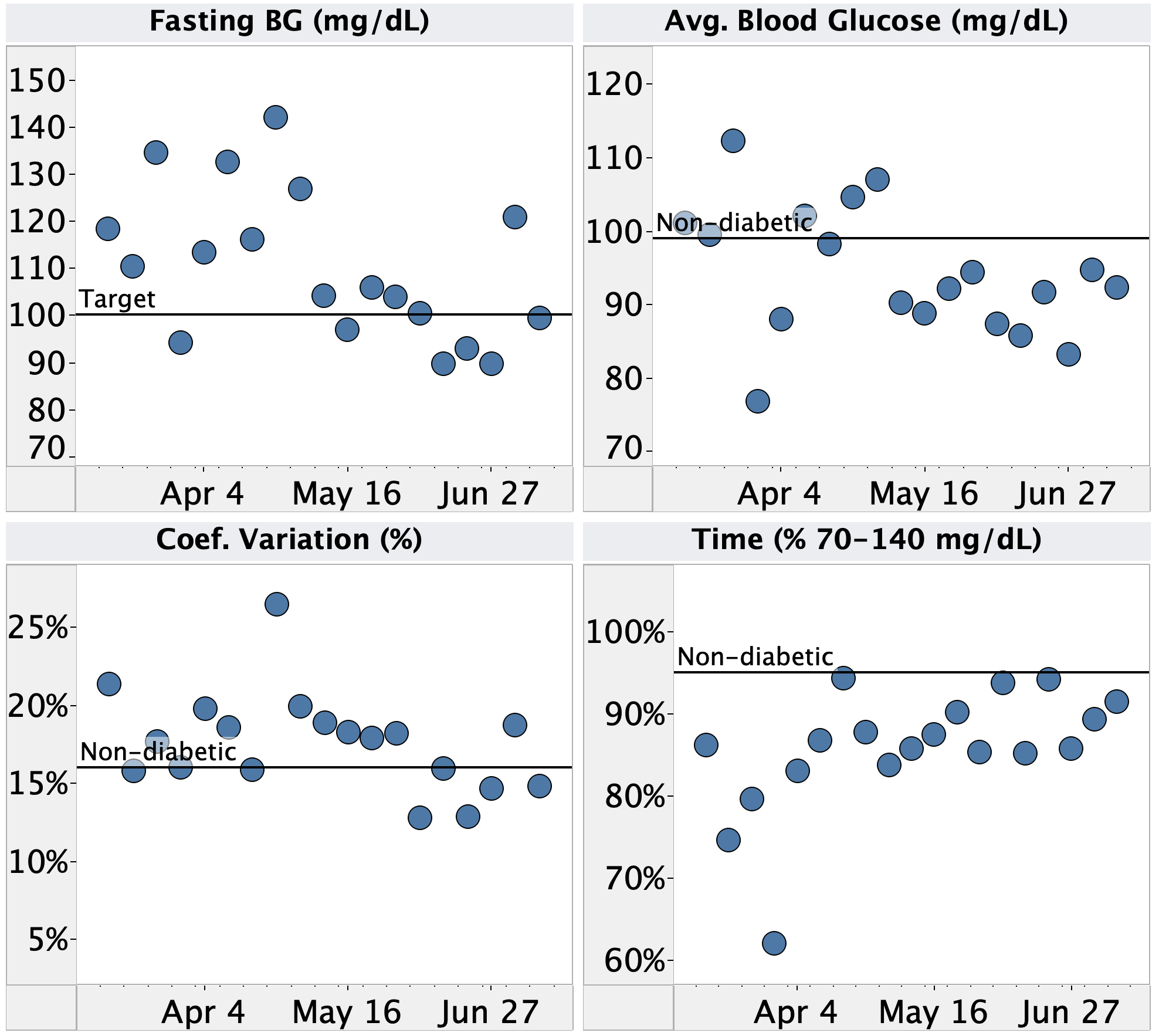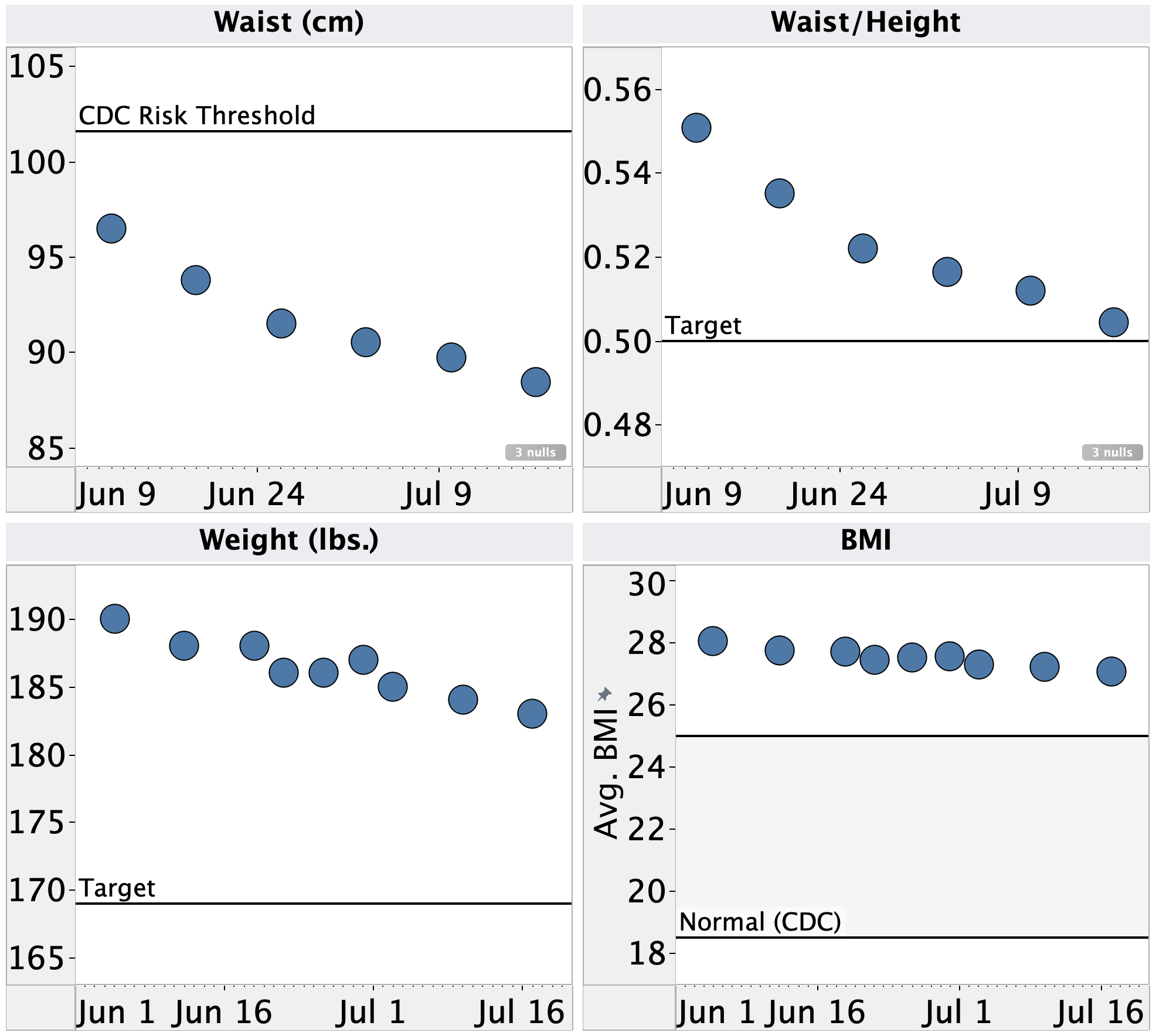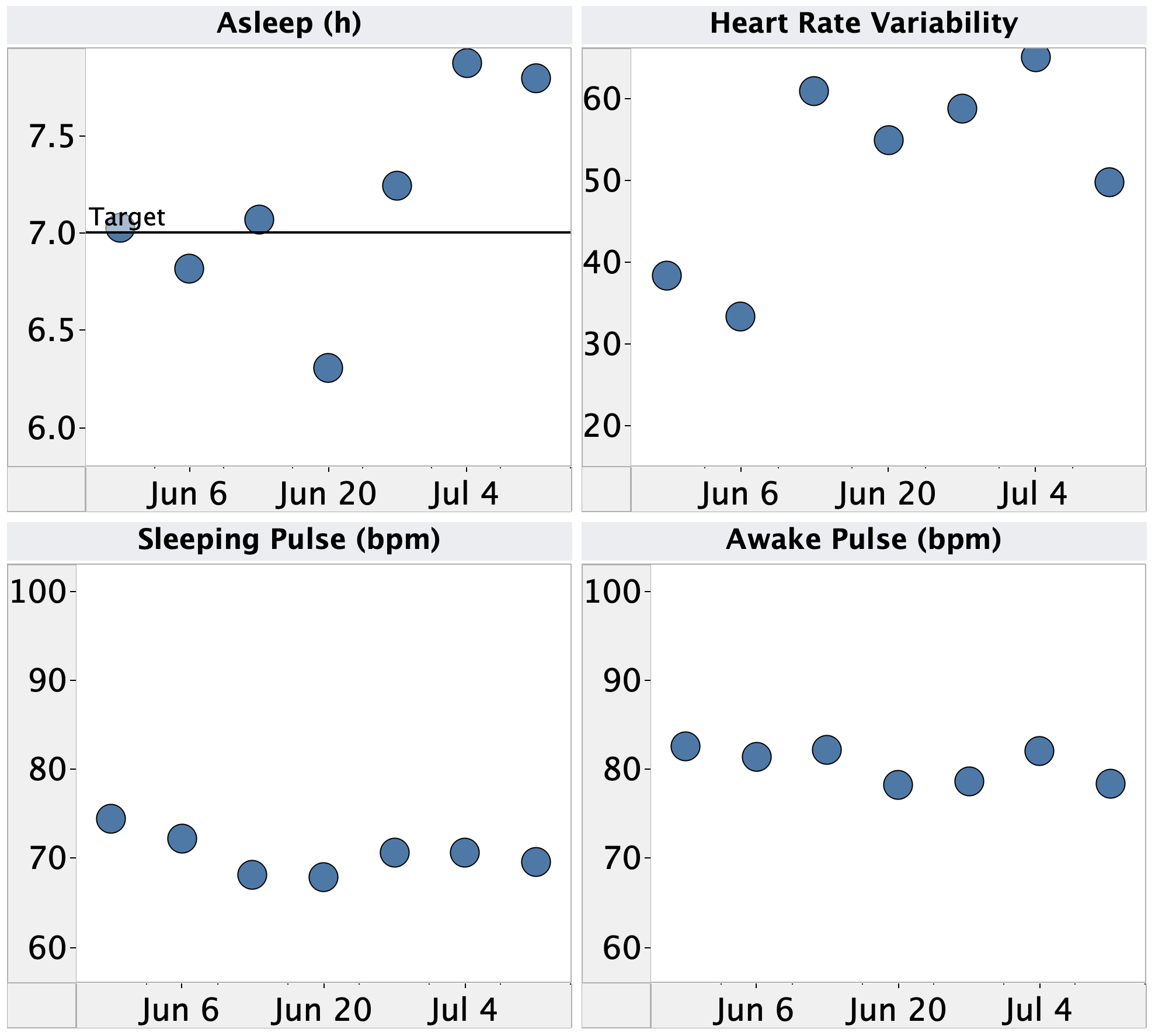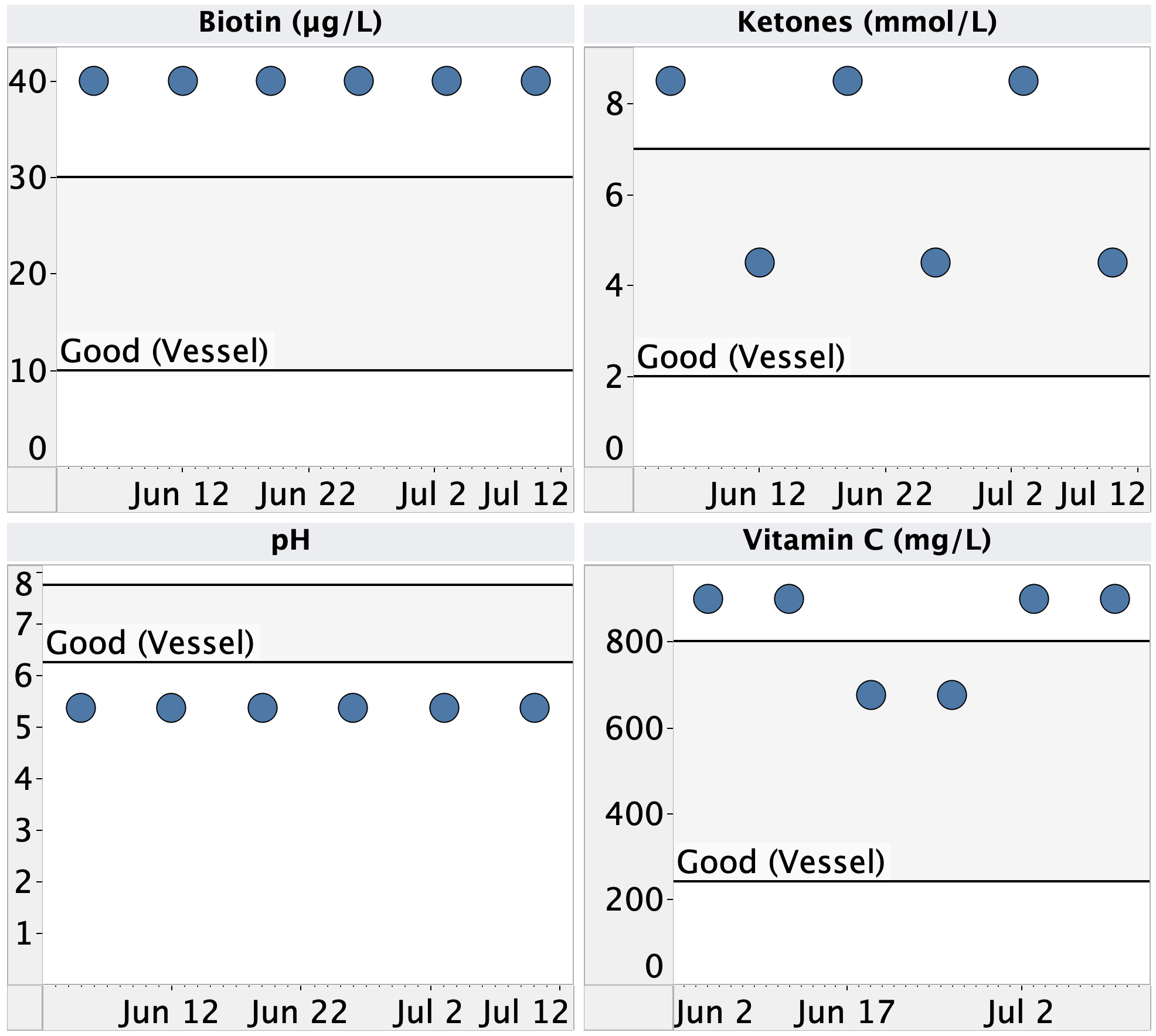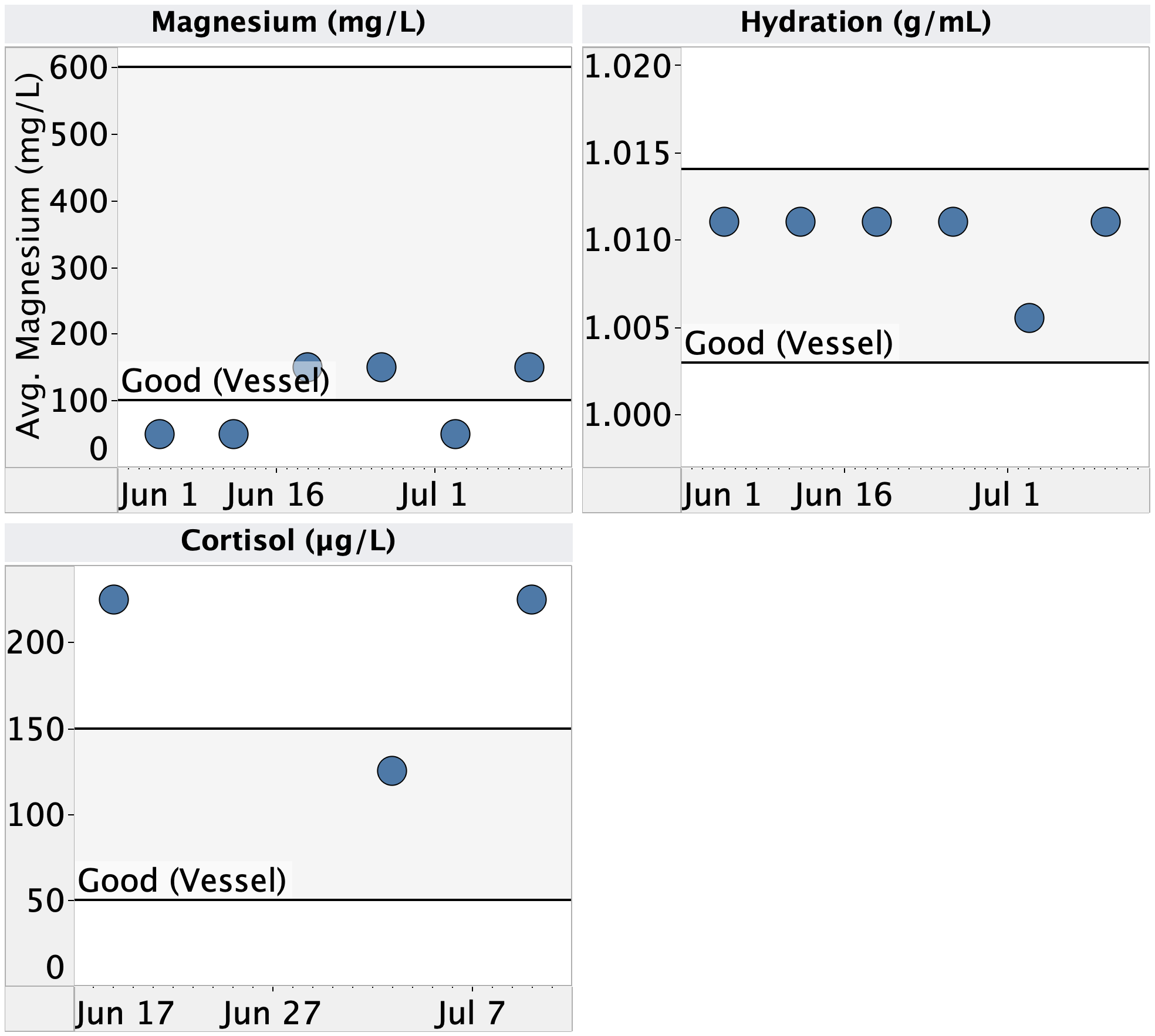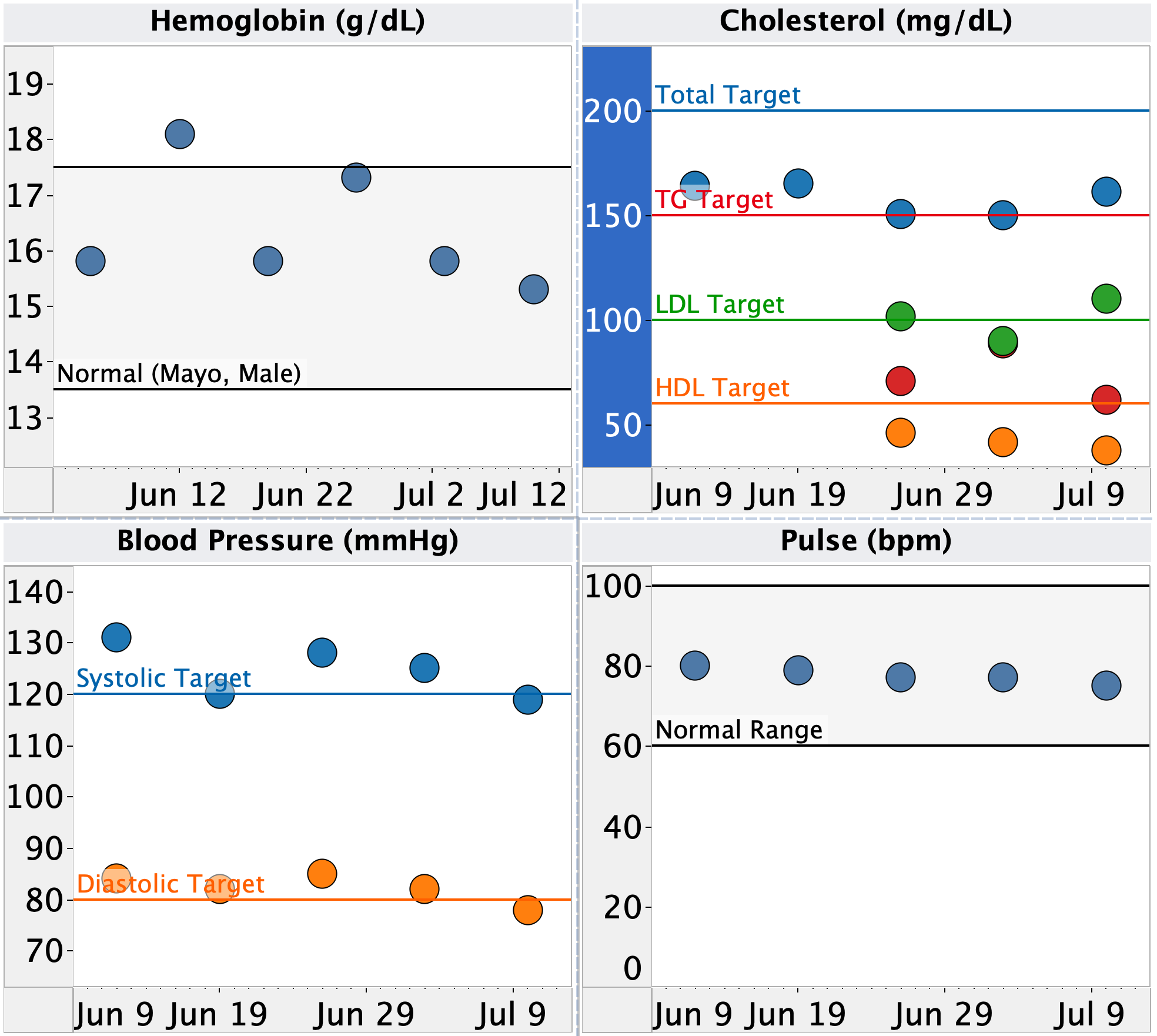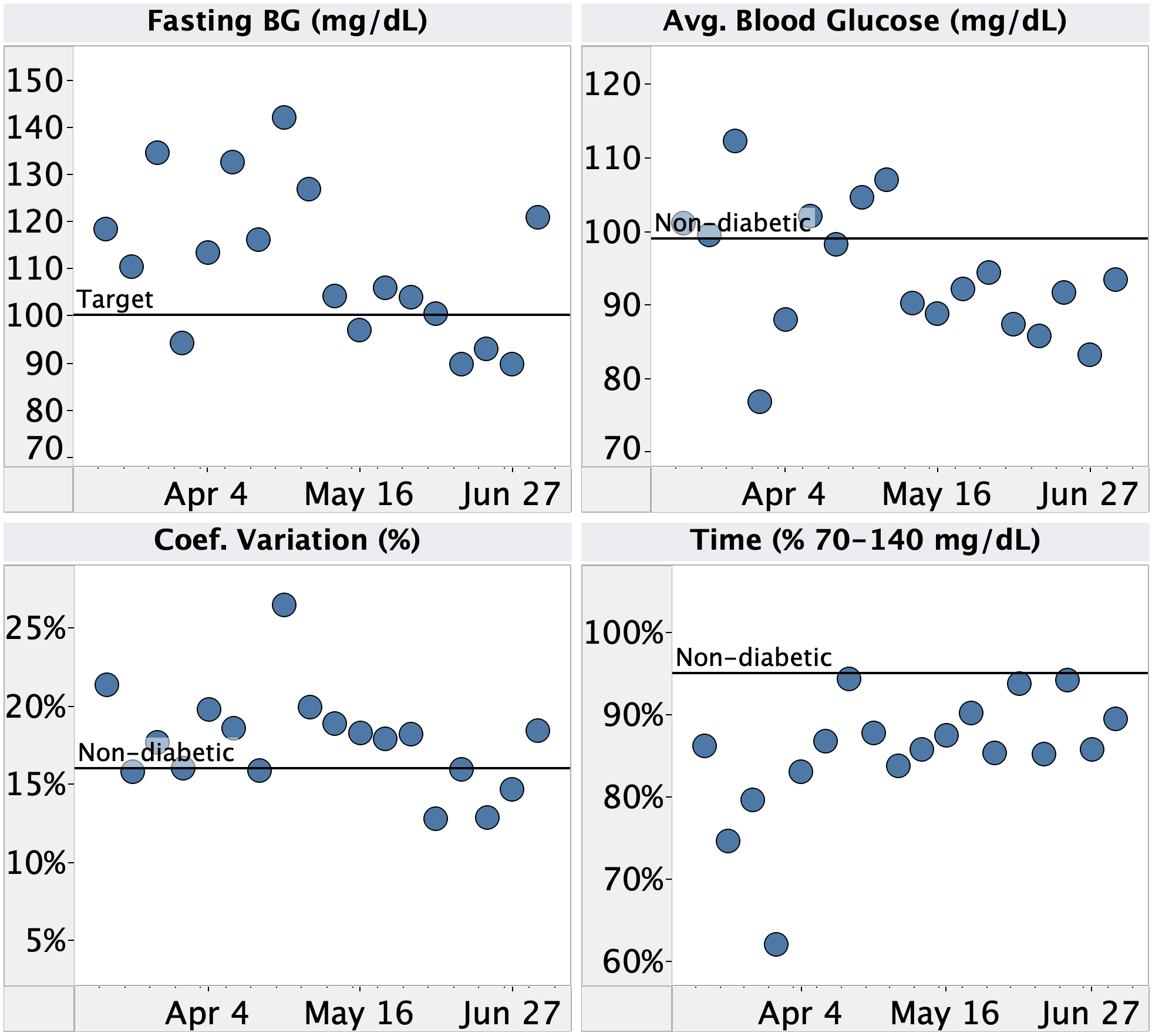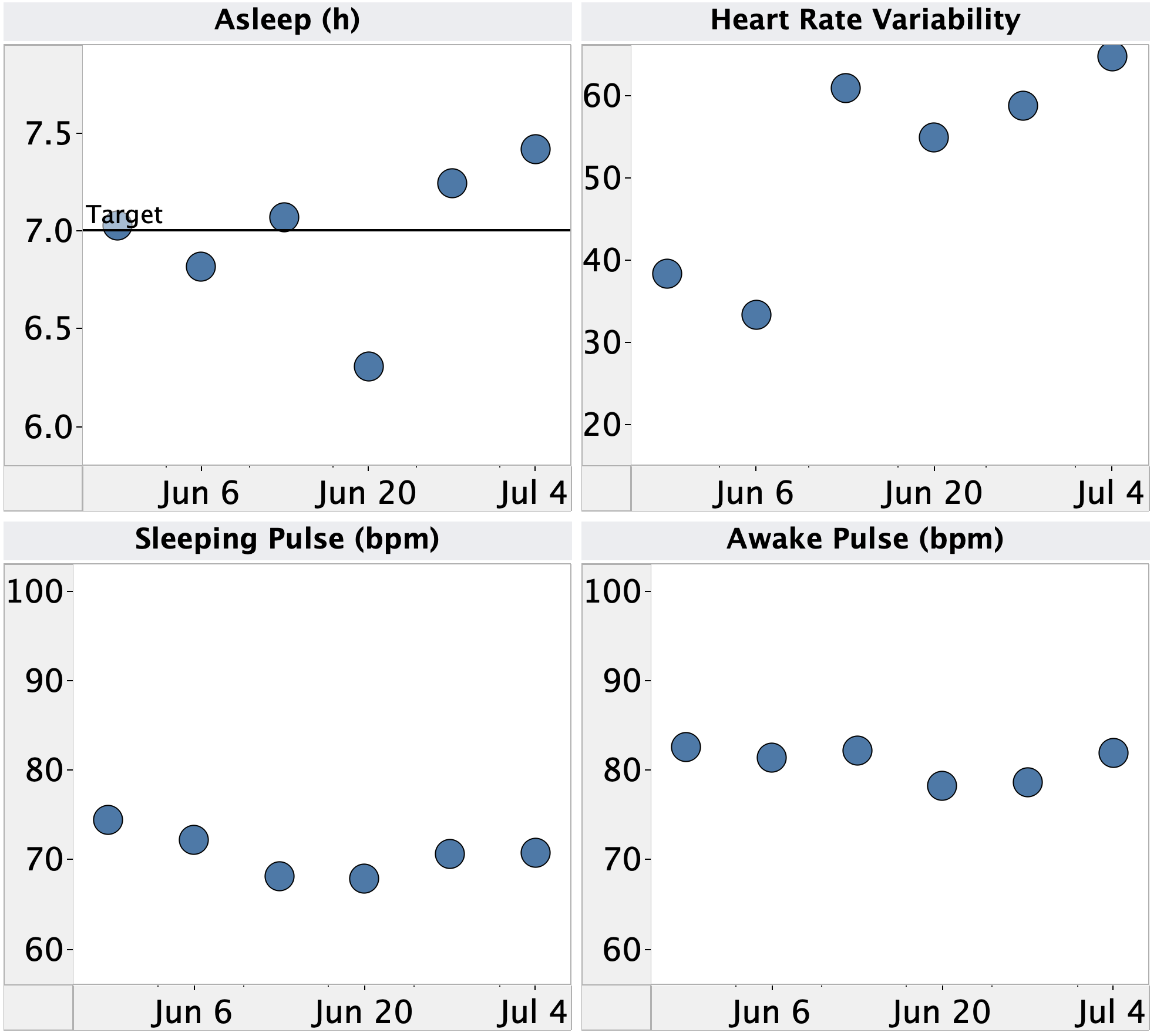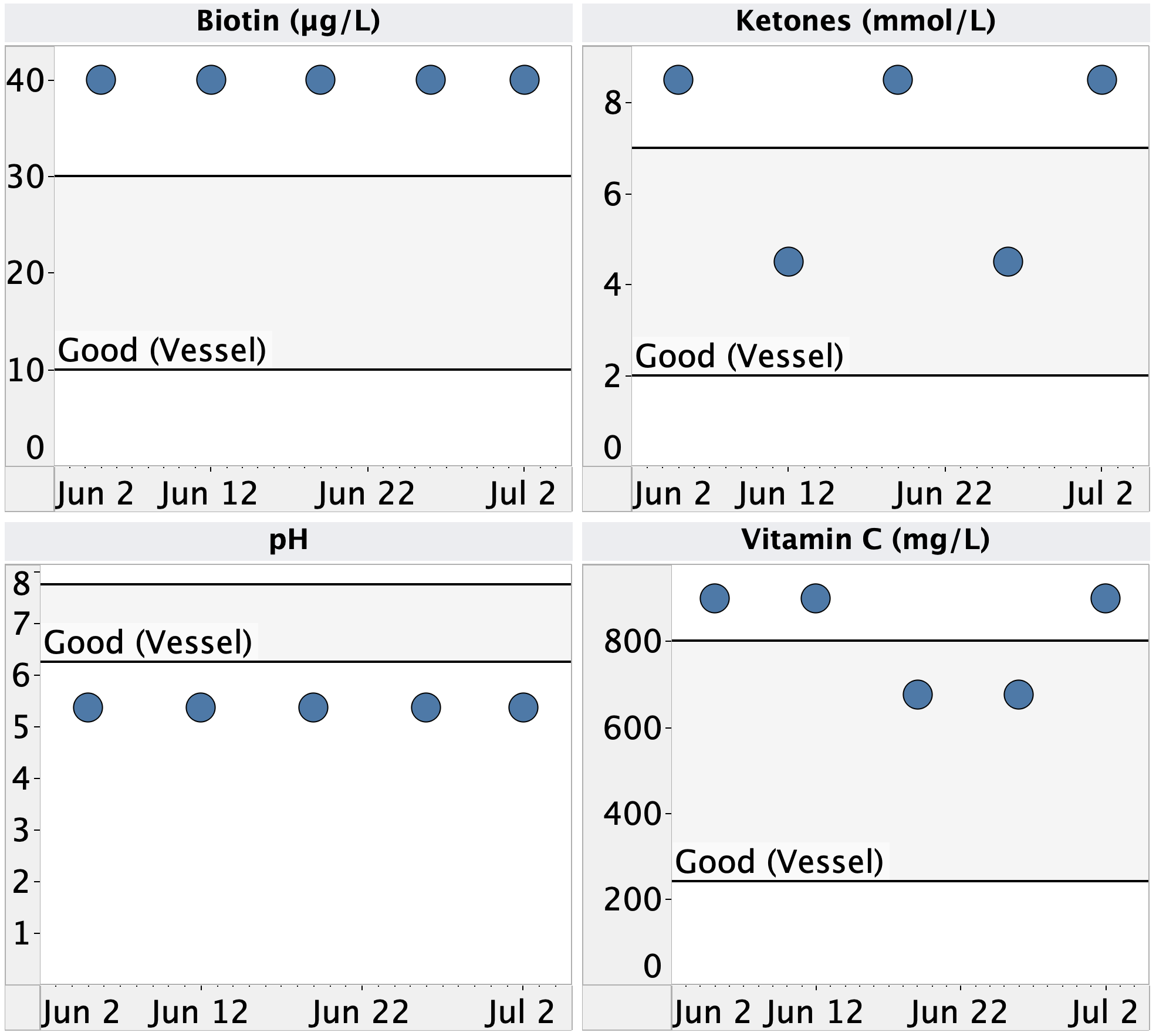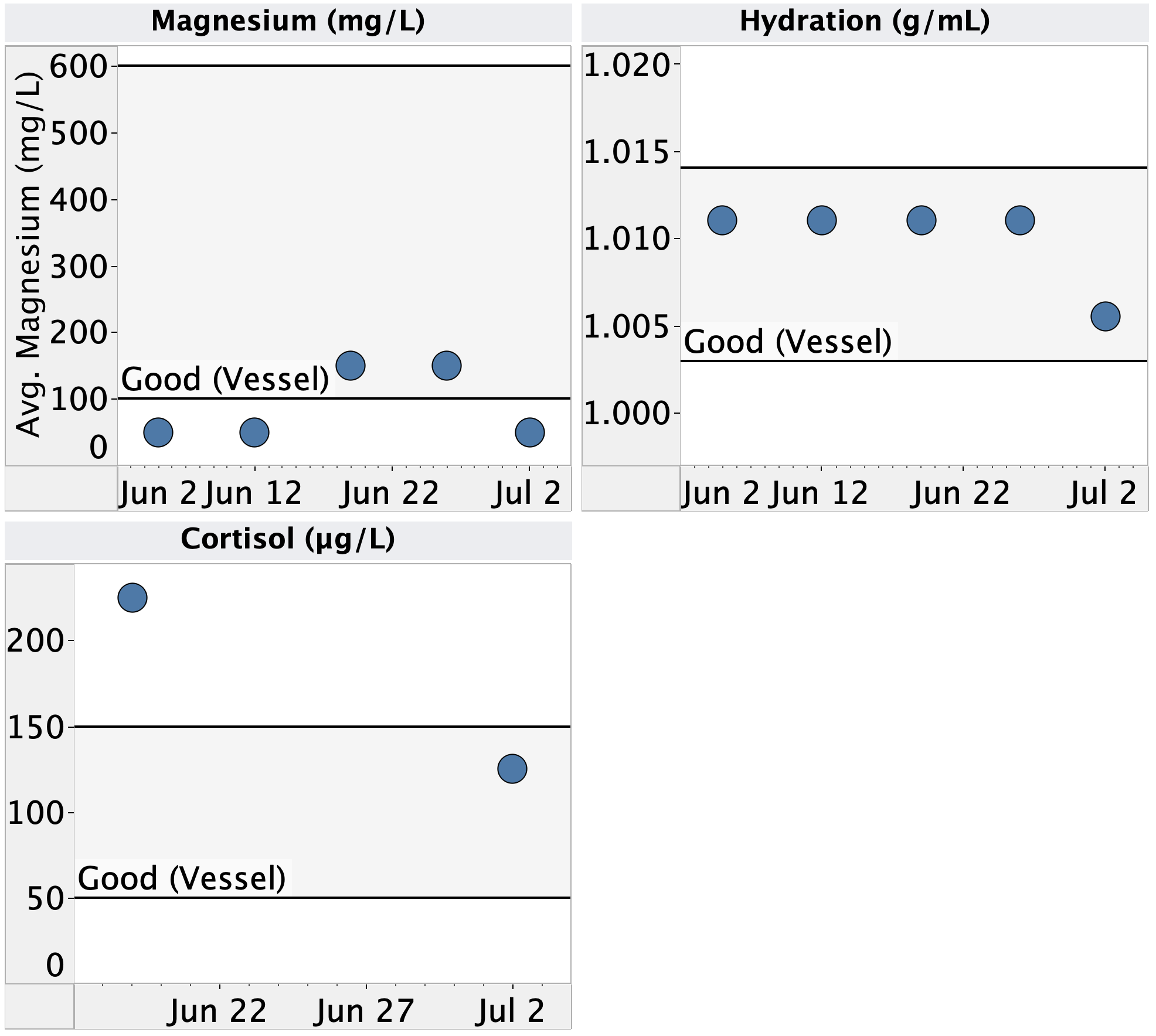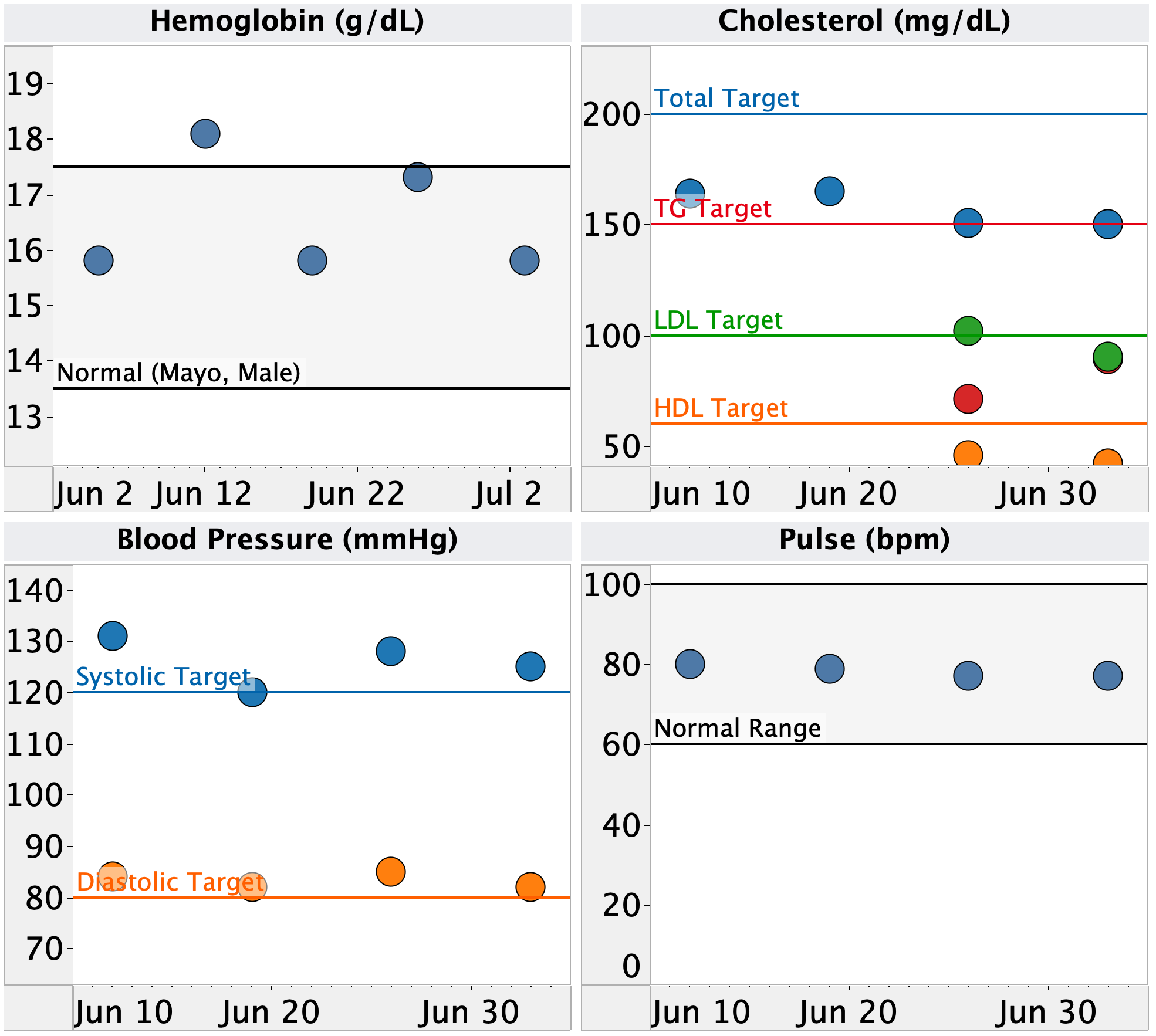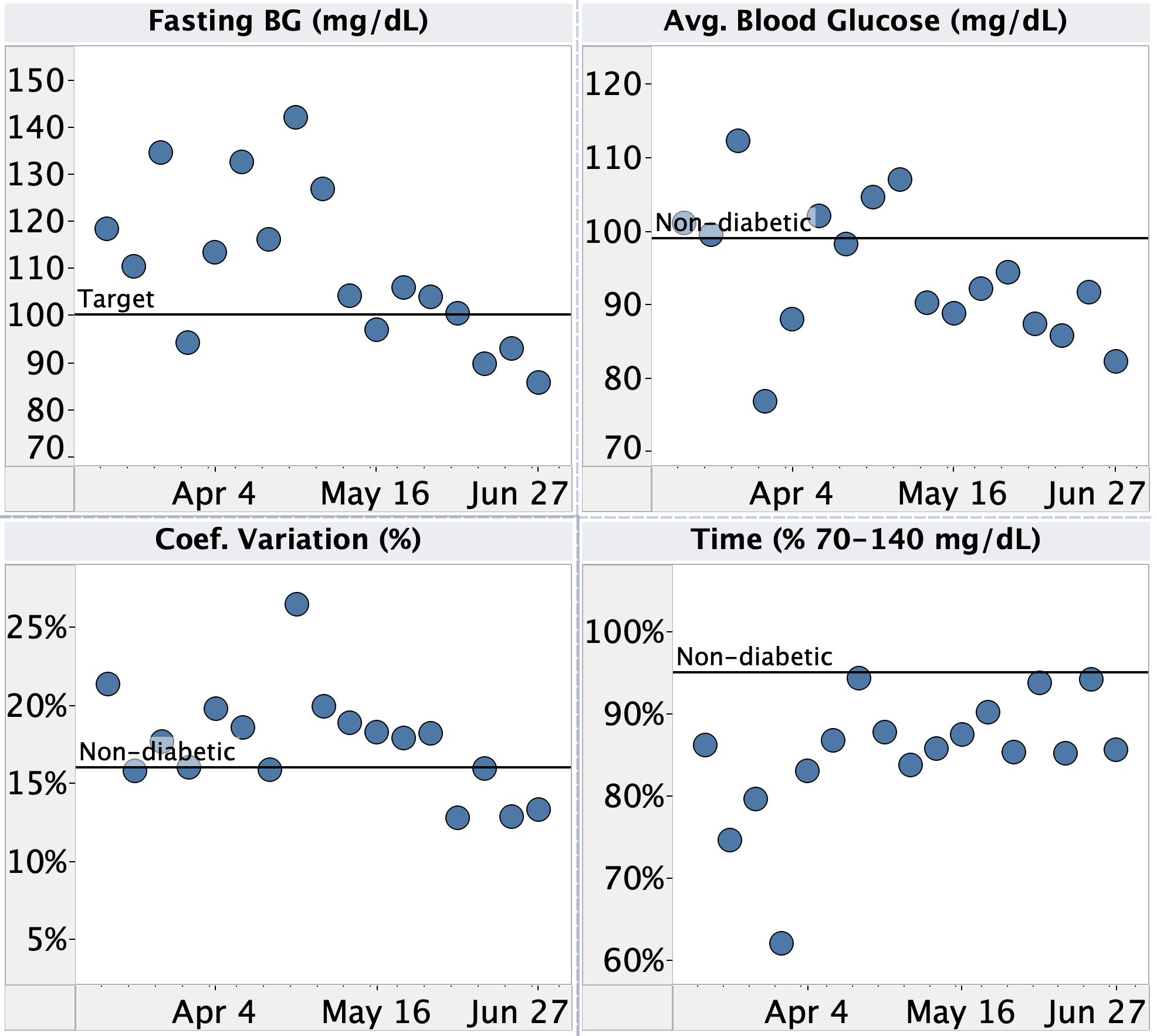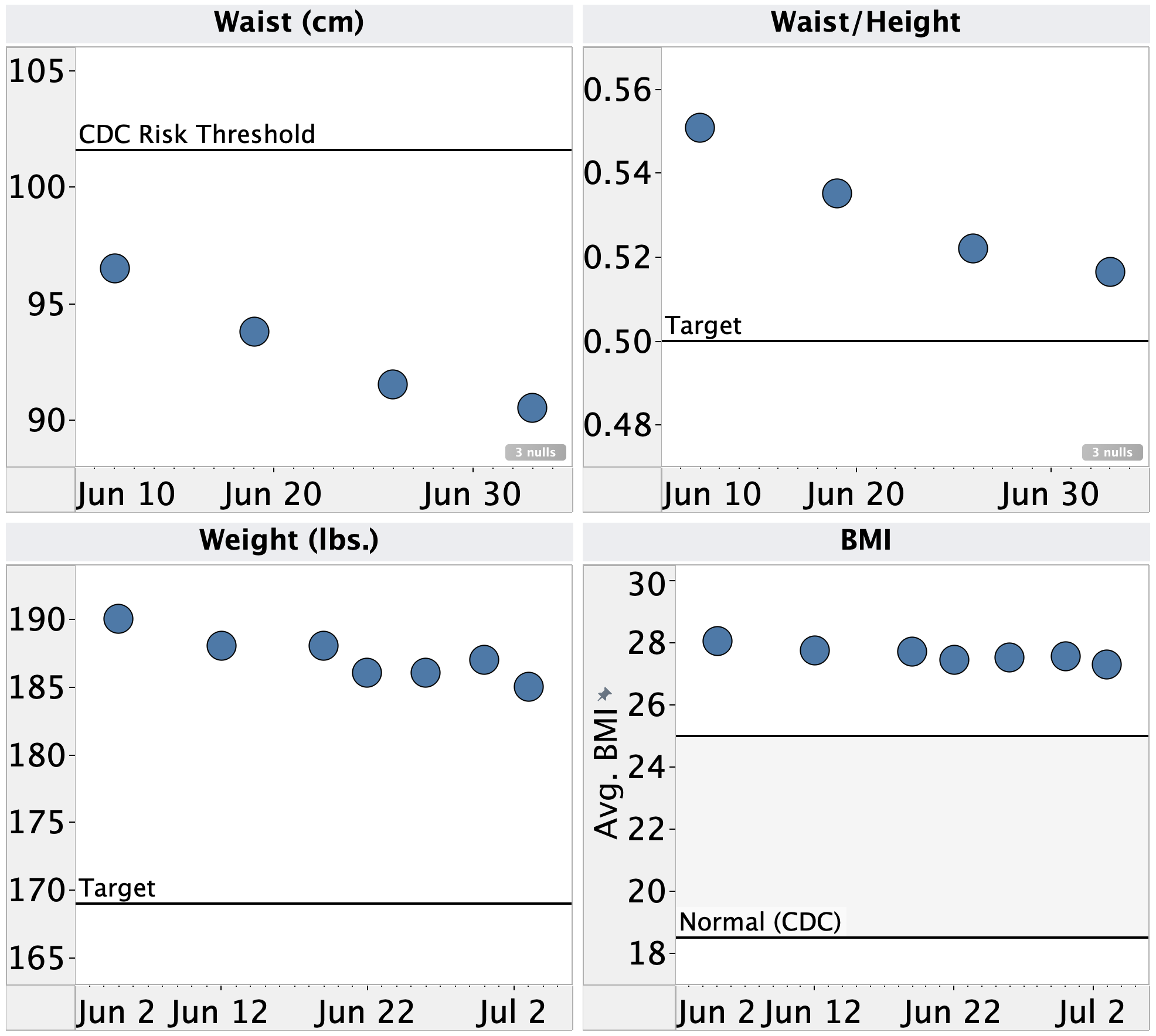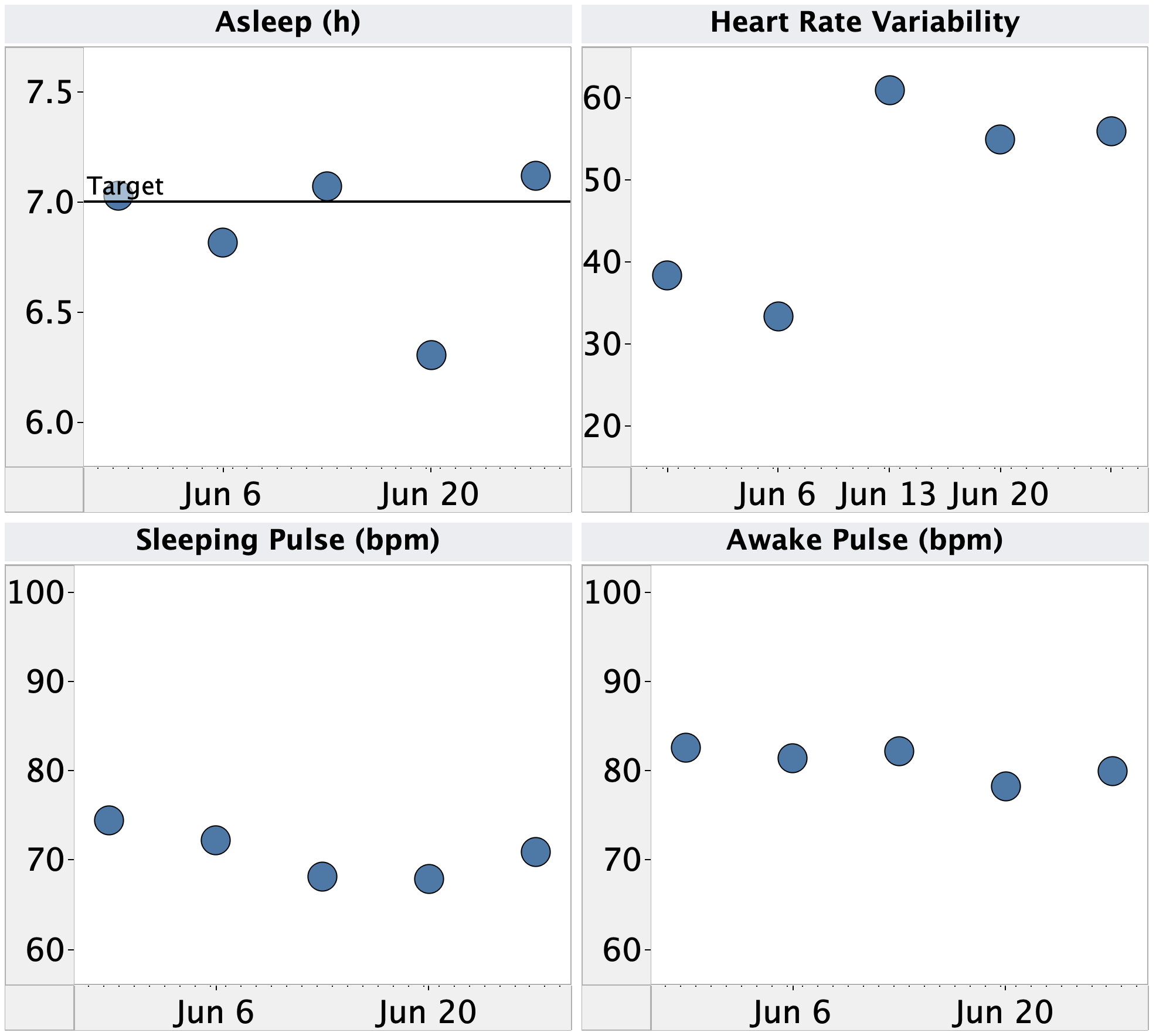Get new posts by email or rss feed
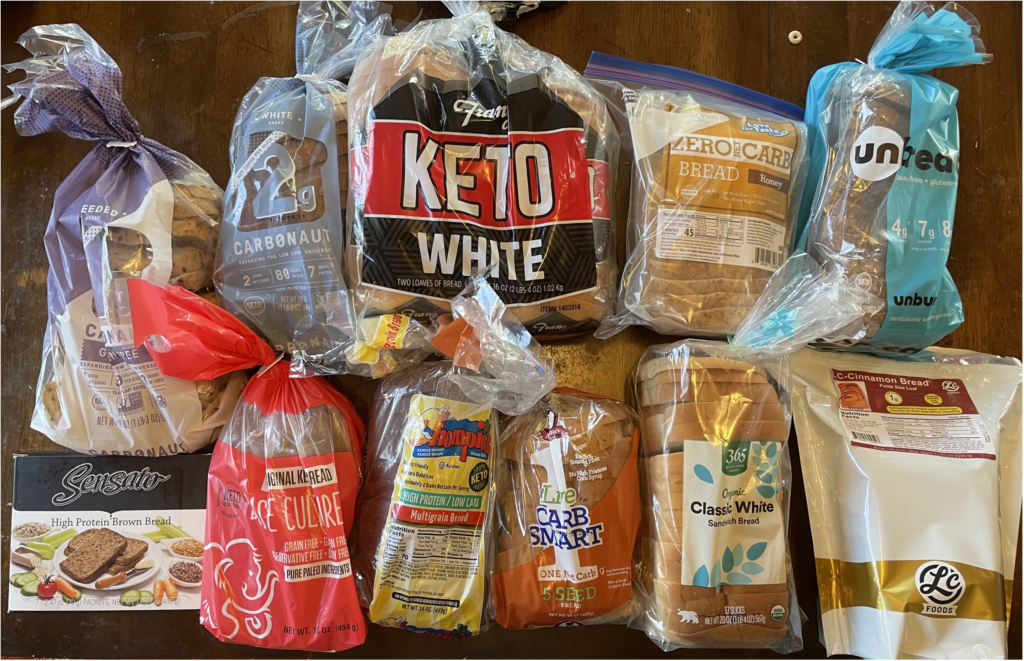
This post is an update on my experiments measuring the effect of low-carb foods and dietary supplements on blood sugar.
This week, I have the results from low-carb breads. Next week I’ll be posting results from commenter requests, followed by chocolate.
Testing Queue:
- Prepared foods:
- Tortillas: Reported
- Cereal: Reported
- Ice Cream: Reported
- Bread: This post
- Meal replacements: in queue, (Ketochow reported)
- Snack bars: in queue
- Chocolate: in queue
- Ingredients:
- Flour replacements: in queue
- Seeds & nuts: in queue
- Vegetables: in queue
- Supplements:
- Vinegar: In queue
- MSG: Reported
Bread
Summary
One of the most difficult foods to make low carb is bread. Flour imparts multiple functions to the final product: taste, texture, water absorption, cohesion (via gluten), browning, food for yeast, etc. There are numerous good substitutes for one or the other of these properties, but to get them all, you’d need a complex combination of ingredients.
Recently, there’s been an explosion of commercially available low carb products both on-line and at supermarkets, including a number of low carb breads. Although the net carb counts look good for most of these, I’ve become very suspicious of the blood sugar impact of some of the dietary fibers used (see evidence of blood glucose impact of dietary fibers here & here).
To see if any of these low-carb breads would hold up, I tested them myself. I tested 14 breads from 4 different categories (resistant starch, protein & flour or fiber, and egg & nut), plus regular white bread as a control.
This was the most interesting of my prepared food studies so far. There was a huge variation in taste, texture, and BG impact and some mysteries that I’ll need to unravel (what’s going on with the resistant starches?).
Here’s my overall conclusions:
- Lowest BG impact: UnBun UnBread
- <10% BG impact of regular white bread; <50% of the next best
- Best combination of taste & impact: Carb0naut White & Kiss My Keto Golden Wheat
- ~25% BG impact of regular white bread
- Very different taste & texture, but both really good
- There’s a large range in impact from different resistant starches.
- No idea what’s going on here, but I’m very curious. Maybe I should source/test different resistant starches and see how their BG impact varies.
- Does anyone have any hypotheses? If so, please let me know in the comments.
- BG impact is not easy to predict from the primary ingredients or nutrition label due to not knowing the ingredient ratios. Breads with actual flour can have the same impact as ones with indigestible fibers and two breads with the same total and/or net carb count can have wildly different impact.
- The only way for me to know the impact of a food is to do a controlled test.
- For someone without diabetes, this would probably require eating a large amount, as you’d need to induce an BG rise (since an insulin spike wouldn’t be measurable).
Does anyone know any other good low-carb breads or other low-carb foods I should try?
As always, please let me know if you have any thoughts, suggestions, or anything else you’d like to see me test.
– QD
